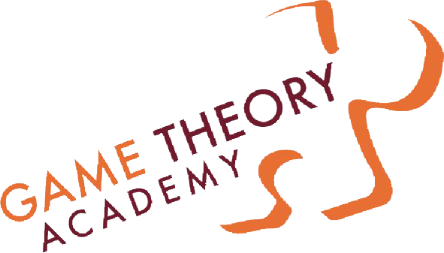By Nan Howard, GTA Instructor
The students in my fall class were more skeptical than most, as more than half were foster youth or involved in the juvenile justice system. On the first day, when I introduced the premise that money is not about numbers, but about decisions, a few students simply would not get on board with that claim. “Money is only numbers,” they argued. “All that matters is how much you have.” I conceded that numbers are important when we talk about money, but that it is my goal to convince them over the next ten weeks that decisions about money were more important than the sum of their numbers.
They laughed but warned me, That’ll never happen Ms. Nan.”
It wasn’t until week eight that I saw how ingrained their choices for how to interact with money had been, and how so far I had failed to convince them that strategic decision-making is paramount in personal finances. After a two hour discussion of predatory financial products (such as payday loans, check cashing and credit cards), and how these services are designed to leech onto consumers under the guise of being helpful, I was confident that I had made my point. I had instructed the students to work in small groups to create advertisements warning against services and how consumers can avoid using them. The mini-commercials were funny and cautionary – I really felt the whole class had absorbed the lesson and mastered the content.
At the end of that day, I reminded students to let me know if they preferred cash for the final payout, because otherwise they would receive a check. Game Theory Academy always pays our participants a stipend. Not as a reward for showing up, but – as you will see – real money is an indispensable teaching tool.
Two brothers approached me and asked for clarification on the final payout, “Wait, Ms. Nan, you said checks were better right?”
I reiterated my point, “If you have a bank account, taking a check would be preferable so that you get experience depositing checks into your account. It is also more secure – less likely to be stolen than cash, and it might be easier to save if you don’t have the cash on hand.”
“We’ll take checks then, Ms. Nan,” the brothers said as they thanked me and headed for the door. Almost out of the classroom I heard the older brother say to the younger one, “But wait, the check casher won’t be open by the time we take the bus over there.”
I stopped the brothers on the way out the door, unsure if I had heard them correctly about their plan to cash the check after class on the final day. They repeated their plan to me, and I told them that if that was the case, they should absolutely request cash. I explained again that, just as we saw in our mini-commercials minutes before, check cashing fees add up to wasted money and that they could cash the check for free if they had a bank account. They both agreed cash would be a better payment, since they didn’t have bank accounts yet.
As I cleaned up my materials for the night I felt stunned by what I had just overheard. I really thought that I had made the case for using traditional banking to cash checks to avoid fees, and that I had explained the payout system well enough that no student would have to resort to check cashing since we could provide cash. Upon reflection I realize that while these small concepts make sense to students while they are in the classroom, the real challenge comes when they are asked to go against their habitual decisions and reconsider their options. This, I understand now, is the most critical aspect of Game Theory Academy – where the decision-making meets a student’s pocketbook. Not just in a theoretical case study but in their actions and plans for how to save or spend their stipends.
For my next class I intend on starting sooner with the discussion of how the students will receive their stipends and, most importantly, their reasons for making this decision. While the decision of cashing a check at a check casher isn’t necessarily always a bad one, I hope that I can motivate my students earlier in the discussion to think about this decision in terms of their long-term best interest. Ideally, I will motivate a few to open savings accounts!

